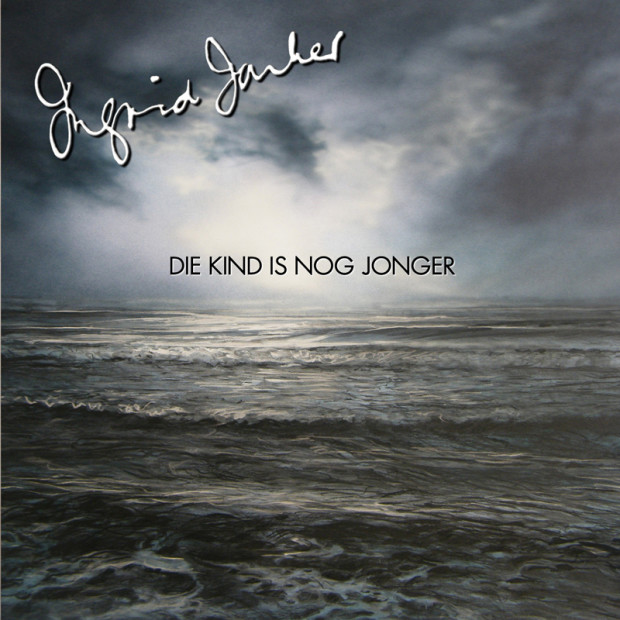Ingrid Jonker was only 31 years old when she committed suicide by walking into the cold Atlantic Ocean on the 19th July 1965. Remarkably, 29 years later Nelson Mandela would read from her poem ‘The child’ at the sitting of the first South African democratic parliament.
Born in Douglas in 1933, Jonker started writing poetry at the age of six and by 16 was corresponding with famous South African poets such as D.J. Opperman. She grew up in a very turbulent time in South African history. The National party had come to power in 1948 and immediately began to implement its policy of apartheid which segregated whites from blacks. This policy led to the banning of the ANC and PAC, the jailing of Nelson Mandela and others and the Sharpeville shootings.
Jonker was a member of Die Sestigers – a group of poets, including Breyten Breytenbach, Adam Small and André P. Brink who opposed the apartheid government. Eventually her anti-establishment views and bohemian lifestyle brought Jonker into conflict with her father who was a member of the National party and ironically, chaired a parliamentary committee on censorship.
Jonker’s life has been the subject of a number of biographies. There have also been two plays and a film, called Black Butterflies, about her life.
The South African Government recognised Jonker’s contribution to literature and commitment to the struggle for democracy and human rights by bestowing on her the Order of Ikhamanga in Silver in 2004.
To celebrate Ingrid Jonker’s life and to introduce her work to a new generation, a tribute album is being produced. The CD consists of tracks in which a diverse group of musicians have put Jonker’s poems to music.
What is particularly exciting is that a number of artists from the Voëlvry era have contributed to this album – including Dirk Ace, Tonia Möller, Ivan Kadey, Naaimasjiene, Radio Rats, Kalahari Surfers, the Wilde Junge (Wild Youth) and Jennifer Ferguson.
Follow the progress of the tribute album over here.
